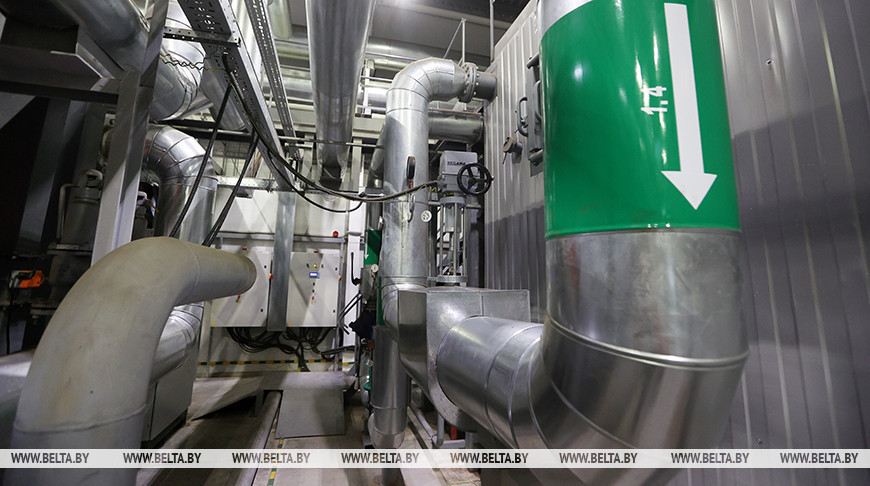
MINSK, 11 August (BelTA) - Belarus has achieved savings of 2.6 million tonnes of fuel equivalent over the past four years, Kristina Plekhanova, Deputy Head of the Analysis and Forecasting Department for Energy Saving Development at the Production and Technical Directorate of the Energy Efficiency Department of the State Committee for Standardization of Belarus, BelTA has learned.
The sixth state program Energy Saving for 2021-2025 is currently under implementation. “Over the four-year period, the implementation of energy-saving measures has resulted in savings of fuel and energy resources totaling 2.6 million tonnes of fuel equivalent, exceeding the target of 2.2 million tonnes. Additionally, in H1 2025, savings reached 0.26 million tonnes of fuel equivalent against an annual target of 0.43 million tonnes (over 60% of the yearly goal),” she explained.
These savings in fuel and energy resources were achieved through the implementation of energy efficiency measures by the state program's participants. Key initiatives included the adoption of modern energy-efficient technologies in production, improving the energy efficiency of existing technologies, processes, equipment, and materials (resulting in savings of 154,200 tonnes of fuel equivalent), and the optimization of heating systems (29,200 tonnes of fuel equivalent).
Additional savings were achieved through the implementation of automatic lighting control systems and energy-efficient lighting devices, zoned lighting separation (saving 17,700 tonnes of fuel equivalent), thermal renovation of building envelopes and replacement of window units (entrance groups) with double-glazed windows (10,900 tonnes of fuel equivalent), utilization of waste heat energy resources (6,500 tonnes of fuel equivalent), improved efficiency of boiler houses and equipment (3,800 tonnes of fuel equivalent), and more effective use of electrical energy (1,500 tonnes of fuel equivalent).
For over 30 years, Belarus has been implementing comprehensive energy efficiency improvements across all sectors of its national economy under the guidance of the Energy Efficiency Department of the State Committee for Standardization, which has been granted corresponding authority.
The key focus areas of this work include developing and implementing measures under the five-year state program Energy Saving as the primary instrument of the country's energy conservation policy, creating and executing energy saving plans for organizations (state/local government bodies). Additionally, the program involves conducting energy audits to identify potential fuel and energy resource savings, implementing energy management systems at enterprises, as well as awareness campaigns and educational programs highlighting the importance of conserving fuel and energy resources, along with incentive measures.
“These measures aimed at reducing or optimizing the consumption of fuel and energy resources help achieve one of the key objectives, which is decreasing dependence on imported fuels while promoting sustainable economic development and enhancing competitiveness,” Kristina Plekhanova said.













